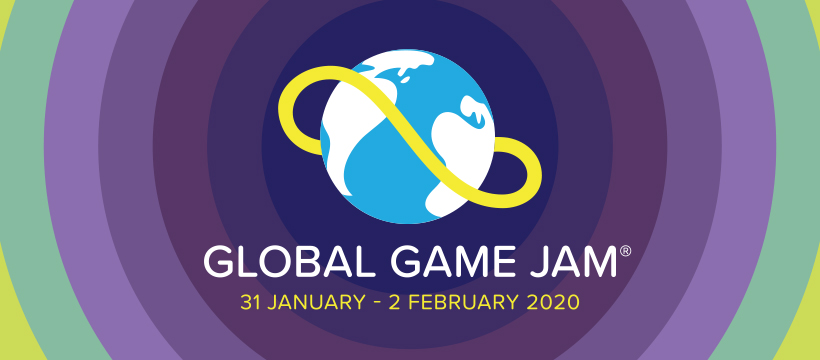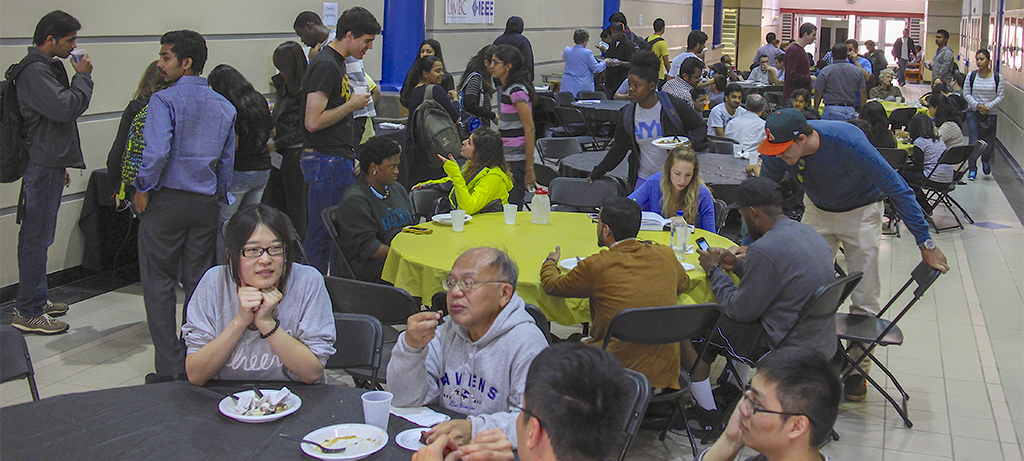
Global Game Jam 2020 registration
Registration for the 2020 Global Game Jam is open!
For the 12th(!) year in a row, UMBC is the Baltimore host site for the Global Game Jam! It will run from 5:00 pm Friday, January 31st to 5:00 pm Sunday, February 2nd, just after classes start. Space is limited, so sign up now!
For anyone who hasn’t participated, the global game jam is a 48-hour game development event, similar in spirit to a hackathon, with hundreds of host sites around the world. At 5:00 pm local time, introduce the jam and announce this year’s theme. Previous year’s themes have ranged from a phrase (“as long as we’re together there will always be problems”) to a word (“extinction”) to an image (ouroboros: a snake eating its tail), to a sound (the recording of a heartbeat). Participants brainstorm game ideas around the theme, form into teams, and spend the weekend building games that are designed to be both fun and express the theme.
The UMBC site is not restricted to just students. In previous years, we have had a mix of UMBC students, alumni, students from other schools, game development professionals, and just people with an interest in game development. You can get more information on game jams, the GGJ, and the UMBC site on the UMBC Games, Animation and Interactive Media web page.
The UMBC site is limited to just 40 participants, so sign up early if you want to come. If you are not near UMBC, check the main Global Game Jam site for a participating location near you.








